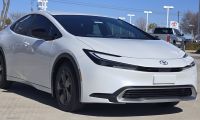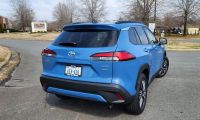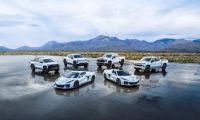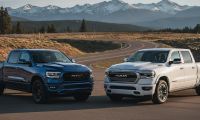Tesla has reached a breakneck pace in terms of production. Elon Musk's company is the undisputed leader in the manufacture and sale of electric cars, but also in terms of batteries. Although Tesla has agreements with major suppliers worldwide, the North American plants are also dedicated to manufacturing their own modules for electric cars. The company's newest factory, the Austin Gigafactory in Texas, has just met a major milestone by reaching production of 10 million 4680 cells.
The Texas Gigafactory has become one of the most important Tesla centers in the world: not only does the company have its official headquarters there, but also, little by little, it is increasing the production of cars and batteries. The increase in cell production makes Tesla a little more independent of its trading partners, although it still needs them to meet the high demand for vehicles. The trade war started at the beginning of this year by Elon Musk himself has actually triggered sales worldwide. Tesla is by far the world's largest producer of electric cars, though Chinese rivals loom.
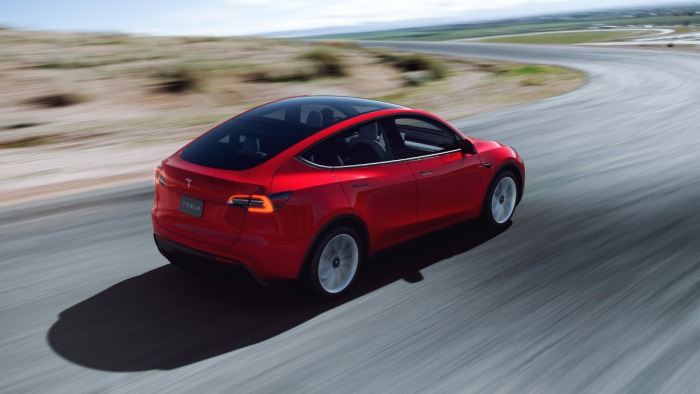
To meet the expected high demand and the expectations regarding its product, the manufacturer needs the new 4680 cells in very high volumes. It produces them in two locations: Fremont and Texas, and they are intended, as for now, for a single model for sale, the Tesla Model Y AWD produced at the Austin factory. They will also be integrated into the first pick-up truck of the house, the Tesla Cybertruck, although it is not yet known exactly when its production will start. Elon Musk has commented on several occasions that this year he will start activities at the Texas plant, but for now we still do not know when the Cybertruck will be finally presented to society; though everything indicates that the event will take place in the last quarter of the year.
For years, Tesla has heralded that 4680 cells are the next step in the evolution of electric vehicle batteries. Introduced in 2020, they promised exceptional capabilities, both in performance and actual energy recovery. Despite the data, the Austin-based company is having trouble squeezing all the qualities that were predicted: that has been one of the main reasons why the Cybertruck has repeatedly delayed its official launch. Tesla has reached a point of near despair and has actually asked several of its business partners in Asia for help.
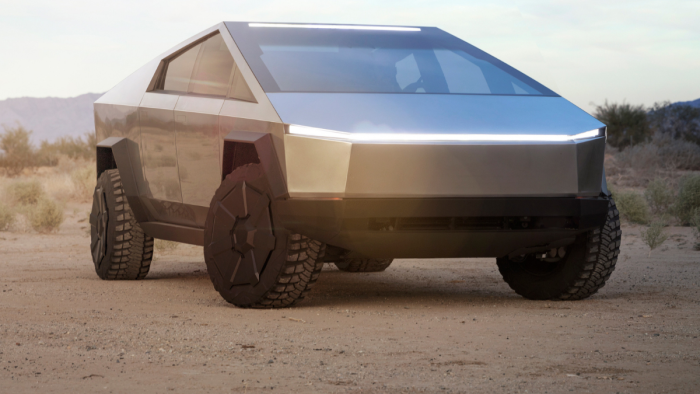
The pace of cell production has indeed intensified in recent months. Late last year, Tesla announced that production was running at nearly 900,000 units per week, enough to power about 1,000 vehicles. Presumably, adding the production capabilities of the Fremont and Austin plants, Tesla already exceeds one million cells per week, so everything indicates that it is preparing to start production of the Cybertruck. The pick-up will apparently consume most of the production resources and the new official figures from the company have encouraged several users to take stock.
While the Model Y AWD has a 67.3 kWh capacity battery with 828 cells per pack, early speculation suggests that the standard-range Cybertruck may offer a battery of approximately 100 kWh capacity with 1,232 cells per pack. Until a few months from now, the secret will not be revealed and it will be only then when we can finally get to know the official data provided by Tesla. What is clear as for now is that the company is on its way to breaking its own annual production record in terms of batteries, although it will still be a long way from the great players of the cell industry such as CATL, BYD or LG.
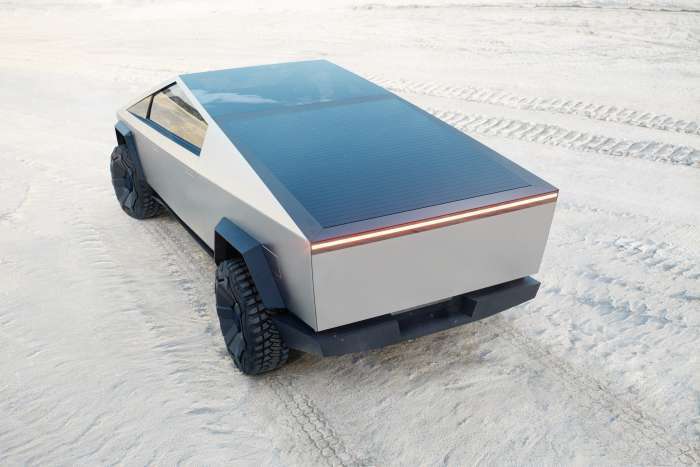
It is worth noting that Tesla's ongoing achievements in battery production are crucial to maintaining its leadership in the electric vehicle market. As competitors continue to emerge and existing rivals further develop their technology, the ability to produce large volumes of efficient, high-performance batteries will be critical to staying ahead. Furthermore, advancements in battery technology will also benefit the broader renewable energy industry, including solar power and energy storage systems.
Consequently, this milestone and Tesla's continuous progress in battery cell manufacturing hold great significance not only for the electric vehicle market but also for the global transition towards cleaner, more sustainable energy solutions.
Nico Caballero specializes in Data Analytics and solar energy. He also holds a Diploma in Electric Cars from Delft University of Technology in the Netherlands, and enjoys doing research about Tesla and EV batteries. He can be reached at @NicoTorqueNews on Twitter. Nico covers Tesla and electric vehicle latest happenings at Torque News.
Set Torque News as Preferred Source on Google







